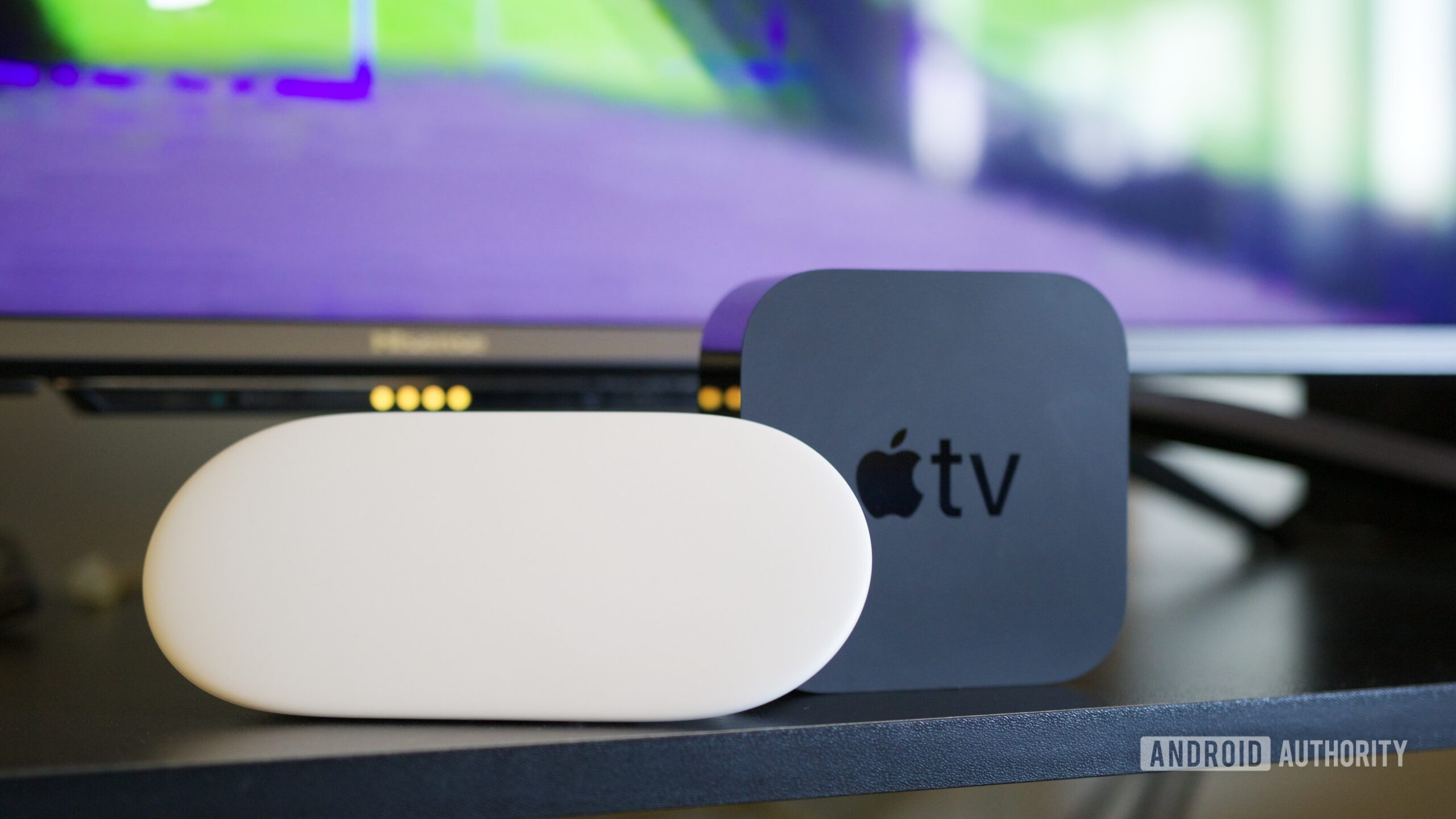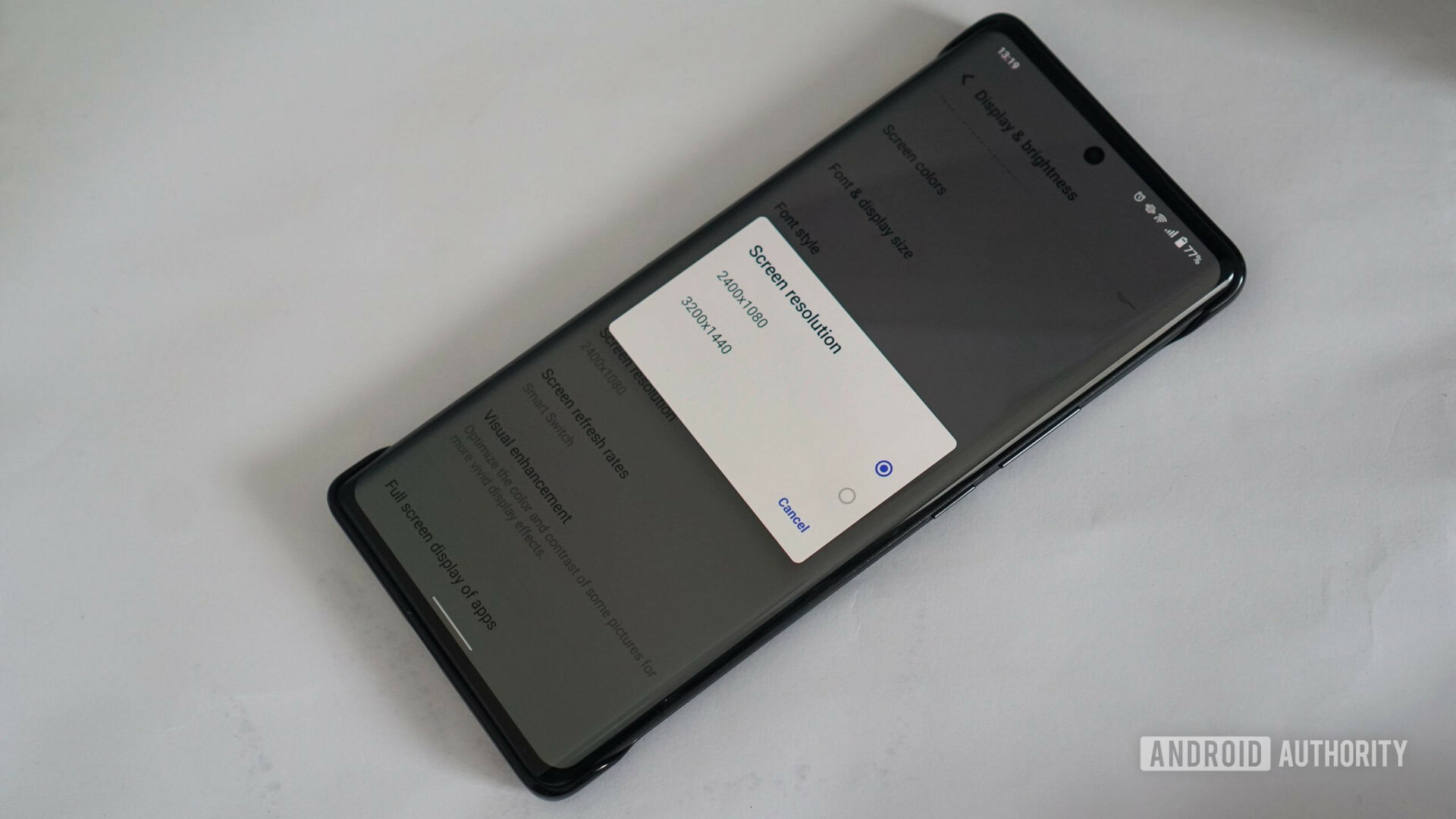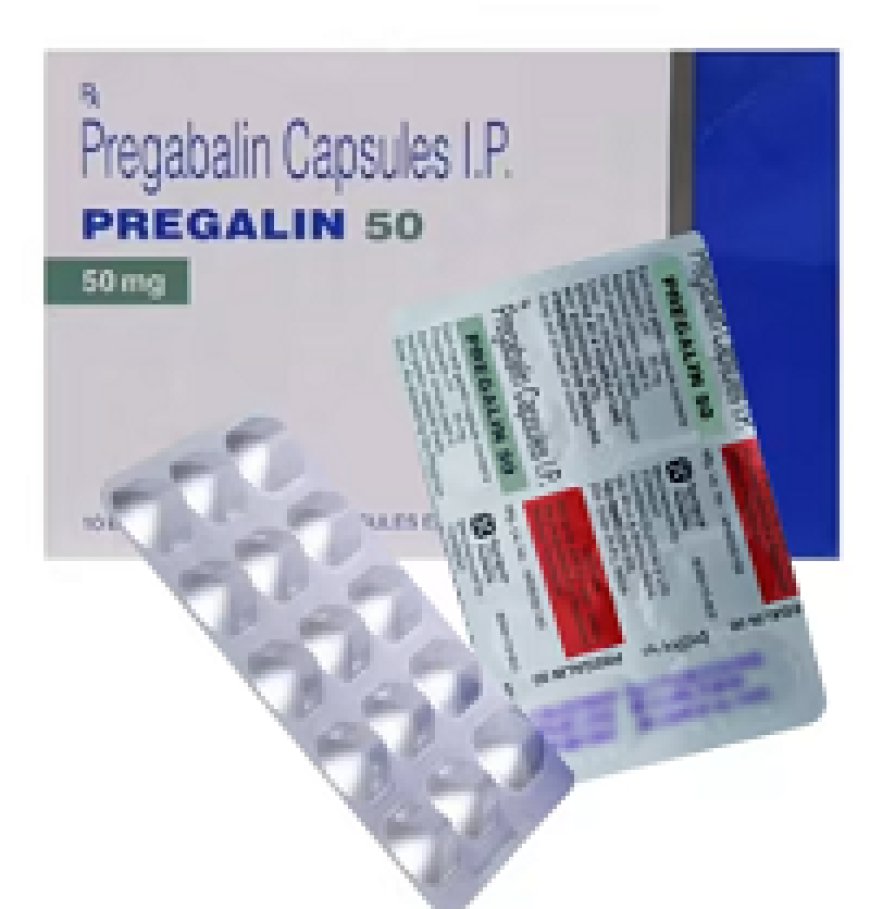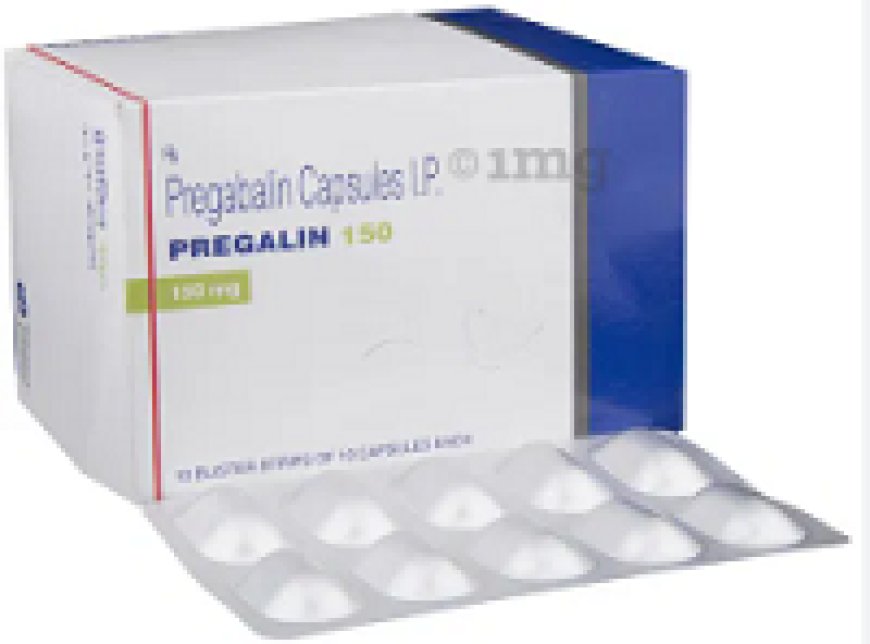Can Neuropathic Pain Be Cured Completely?
Neuropathic pain, often referred to as nerve pain, is a condition that affects millions of people worldwide. It stems from damage or dysfunction in the nervous system, causing chronic pain that can be debilitating.
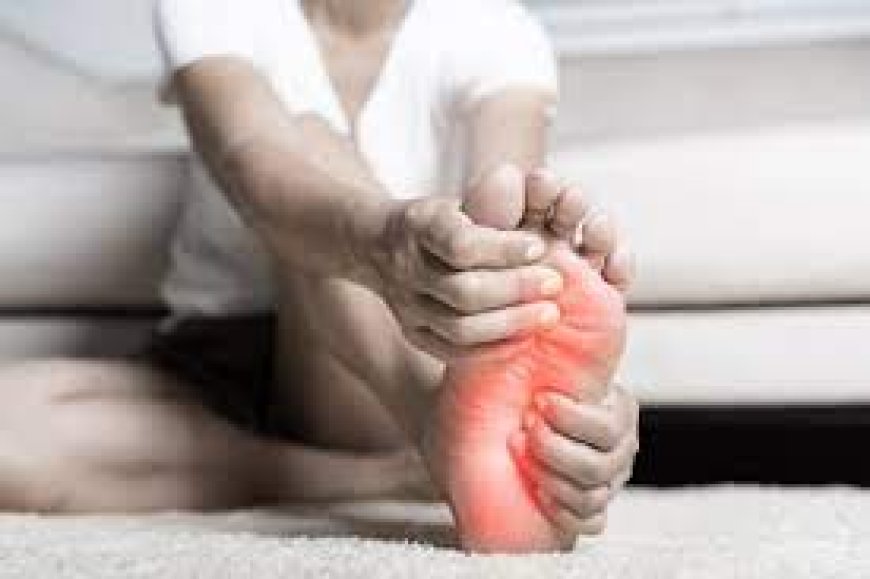
The question of whether neuropathic pain can be cured completely is complex and multifaceted. This article delves into the intricacies of neuropathic pain, exploring its causes, treatments, and the potential for a complete cure.
Understanding Neuropathic Pain
Neuropathic pain arises from a malfunction within the nervous system itself. Unlike nociceptive pain, which results from external injury or inflammation, neuropathic pain is due to abnormal signals transmitted by damaged nerves. Common conditions that lead to neuropathic pain include diabetes, shingles, multiple sclerosis, and chemotherapy.
Symptoms of Neuropathic Pain
Patients with neuropathic pain often experience a range of symptoms, including:
- Burning or Shooting Pain: This can occur spontaneously or be triggered by stimuli that are not typically painful.
- Tingling or Numbness: A sensation akin to "pins and needles."
- Allodynia: Pain from stimuli that are not usually painful, such as light touch.
- Hyperalgesia: An exaggerated response to a painful stimulus.
Causes of Neuropathic Pain
Neuropathic pain can be triggered by various factors, including:
- Diabetic Neuropathy: High blood sugar levels cause nerve damage.
- Postherpetic Neuralgia: A complication of shingles.
- Peripheral Neuropathy: Often due to injury or systemic diseases.
- Central Nervous System Disorders: Such as stroke, multiple sclerosis, or spinal cord injuries.
Current Treatment Options
Treating neuropathic pain requires a multifaceted approach. There is no one-size-fits-all solution, and treatments often need to be tailored to the individual's specific condition and symptoms.
Medications
- Anticonvulsants: Drugs like gabapentin and pregabalin are commonly used to manage neuropathic pain.
- Antidepressants: Tricyclic antidepressants (TCAs) and serotonin-norepinephrine reuptake inhibitors (SNRIs) can be effective.
- Topical Treatments: Creams and patches containing capsaicin or lidocaine.
- Opioids: Although effective, they are generally not recommended for long-term use due to the risk of dependence.
Non-Pharmacological Treatments
- Physical Therapy: Helps in managing pain and improving function.
- Cognitive Behavioral Therapy (CBT): Addresses the psychological impact of chronic pain.
- Transcutaneous Electrical Nerve Stimulation (TENS): Uses electrical currents to relieve pain.
Interventional Procedures
- Nerve Blocks: Injections that interrupt pain signals.
- Spinal Cord Stimulation: Implanting a device that sends electrical impulses to the spinal cord.
- Surgery: In cases where a physical issue like a herniated disc is causing the pain.
The Potential for a Complete Cure
The notion of curing neuropathic pain completely is a topic of ongoing research. Currently, the focus is on managing symptoms and improving the quality of life for patients rather than achieving a complete cure. However, advances in medical science offer hope.
Regenerative Medicine
Research into stem cell therapy and gene therapy holds promise. These treatments aim to repair or regenerate damaged nerves, potentially addressing the root cause of neuropathic pain rather than just alleviating symptoms.
Emerging Therapies
- Neurostimulation Devices: New devices are being developed to more effectively target and modulate nerve activity.
- Biological Therapies: Using growth factors and other biological agents to promote nerve healing.
Living with Neuropathic Pain
Managing neuropathic pain often involves a combination of treatments tailored to the individual. Patients are encouraged to:
- Stay Active: Gentle exercise can help reduce pain and improve function.
- Healthy Diet: Proper nutrition supports overall health and nerve function.
- Mind-Body Practices: Techniques such as yoga, meditation, and acupuncture can be beneficial.
Support Systems
Living with chronic pain can be isolating. Support from family, friends, and support groups can be invaluable. Psychological support, such as counseling or CBT, can also help patients cope with the emotional aspects of chronic pain.
Conclusion
While the complete cure for neuropathic pain remains elusive, ongoing research and advancements in medical treatments provide hope. The primary goal is to manage symptoms effectively, enhance the quality of life, and explore emerging therapies that may offer more definitive solutions in the future.
What's Your Reaction?
 Like
0
Like
0
 Dislike
0
Dislike
0
 Love
0
Love
0
 Funny
0
Funny
0
 Angry
0
Angry
0
 Sad
0
Sad
0
 Wow
0
Wow
0
